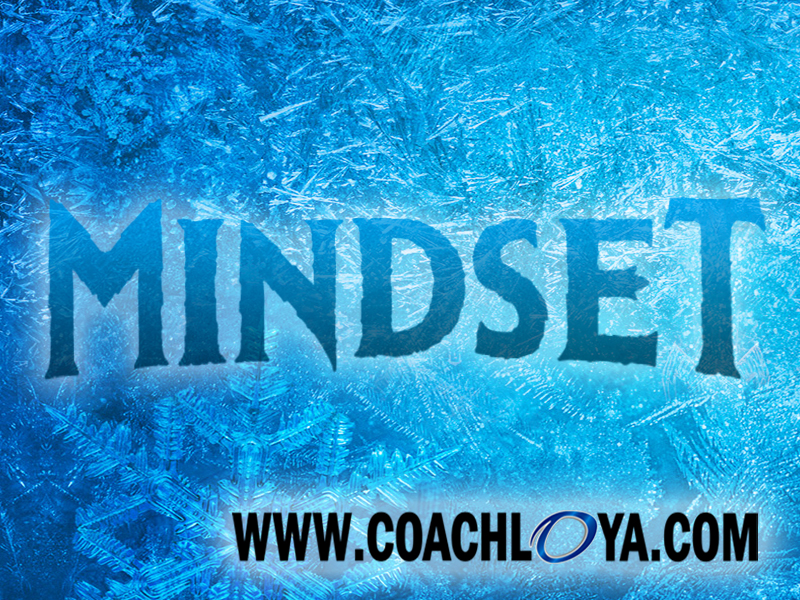We often hear about the importance of people having a growth mindset—a belief that intelligence and ability can develop with time and experience. People who have this mentality value persistence and understand that extra effort can lead to higher levels of achievement.
The term “growth mindset” came from Stanford psychologist Carol Dweck and the discoveries she outlined in her bestselling book Mindset. According to Dweck’s research, success can be heavily influenced by the way we view our talent and ability.
When we think of our talents as being malleable and capable of developing over time, we grow as individuals and tend to accept challenges with a positive outlook. The concept is occasionally simplified as embracing The Power of Yet, as in “I can’t pass that test…yet.” Or, “I can’t do that move…yet.” Or, “I don’t know the answer…yet.”
Good teammates have a growth mindset and it plays a significant role in how they influence their team. Having a growth mindset permits them to be purveyors of hope and sources of inspiration. It prevents them from bringing the team down by being derailed by failure.
But as important as it is for good teammates to have a growth mindset, it is equally important for them to also have a Frozen mindset.
To clarify, I’m not referring to a way of thinking that keeps them stuck in the same place. That’s what Dweck describes as a “fixed mindset”—the exact opposite of a growth mindset. People with a fixed mindset believe their intelligence and ability are set at birth and cannot change. They avoid challenges and accept their limitations.
A fixed mindset hampers the team’s progress, but a Frozen mindset moves the team forward. And by Frozen mindset, I mean a way of thinking that allows you to “let it go,” as suggested by the theme song of the animated Disney film, Frozen.
When someone or something frustrates you, angers you, or offends you, sometimes the best course of action is to just let it go and move on. Obsessing over trivial issues can lead you to become unnecessarily distracted and stop you from focusing on what really matters.
You can become distracted to the point that your discontent is more toxic to your team than whomever or whatever wronged you. Having a Frozen mindset returns you to concentrating on team objectives and enables you to be a good teammate.
Anger can be motivating and can spur action. However, as a wise adage cautions, holding onto anger is like grasping a hot coal with the intent of throwing it at someone else; you are the one who gets burned.
Take a look at what angers you. Can you control it? Will addressing it make a significant difference to your team? If the answer is yes, then confront it. If the answer is no, then replace your misery with a melody, and let it go.
As always…Good teammates care. Good teammates share. Good teammates listen. Go be a good teammate.





